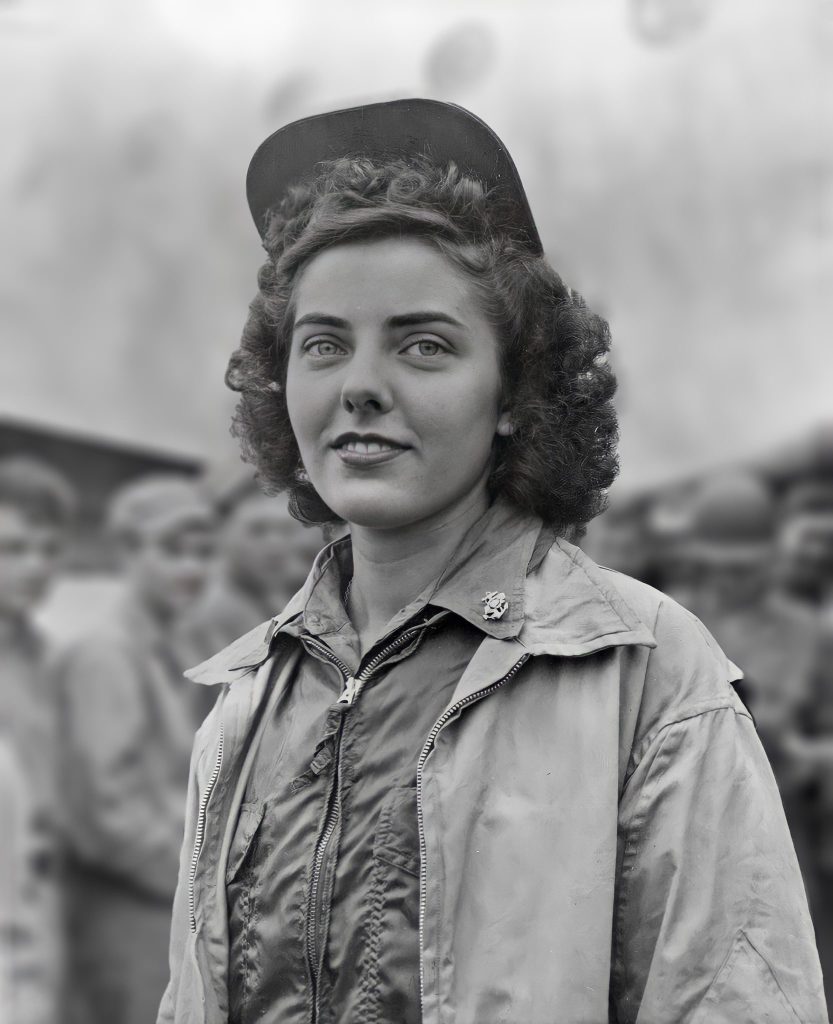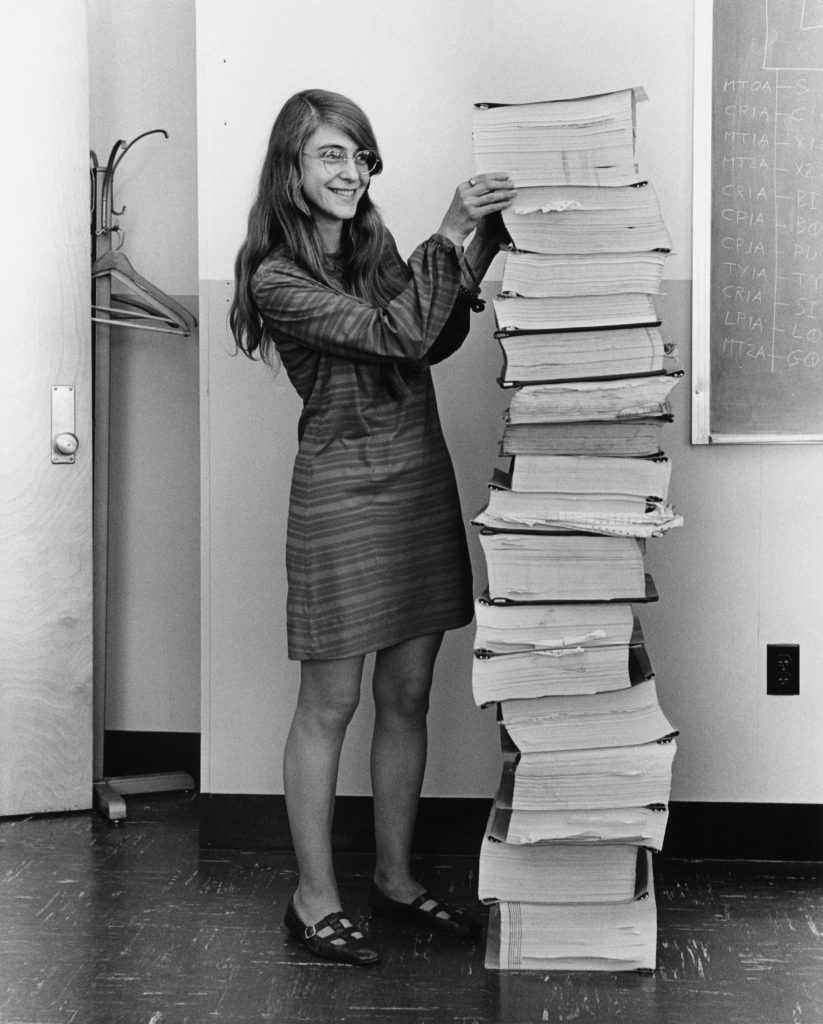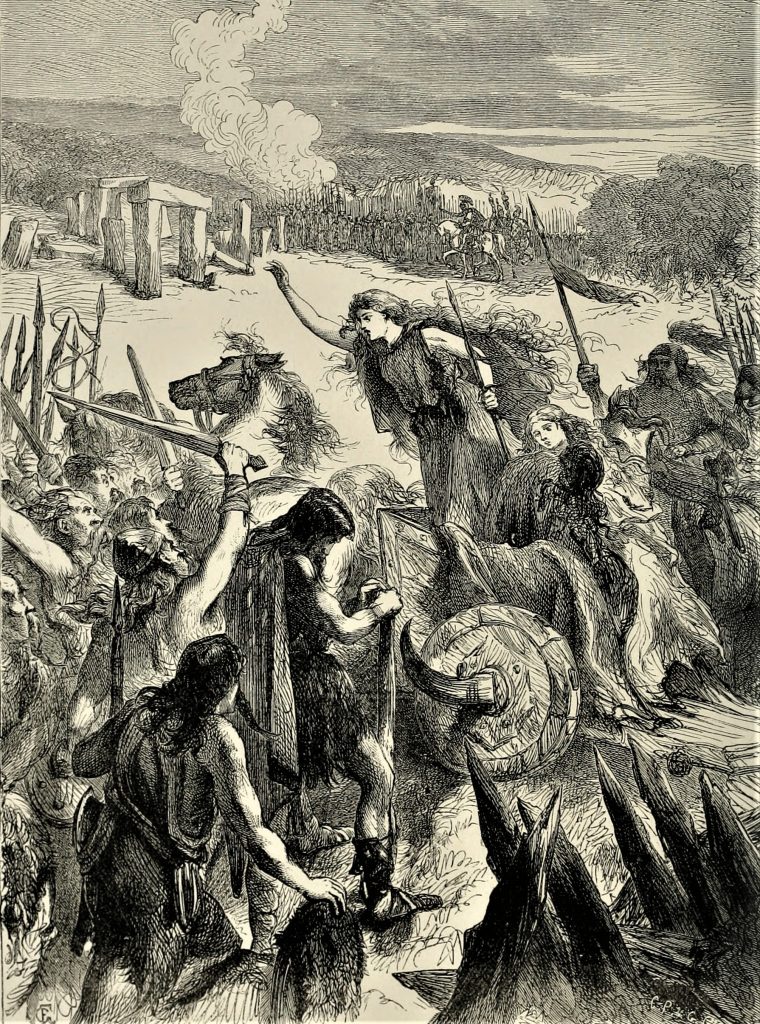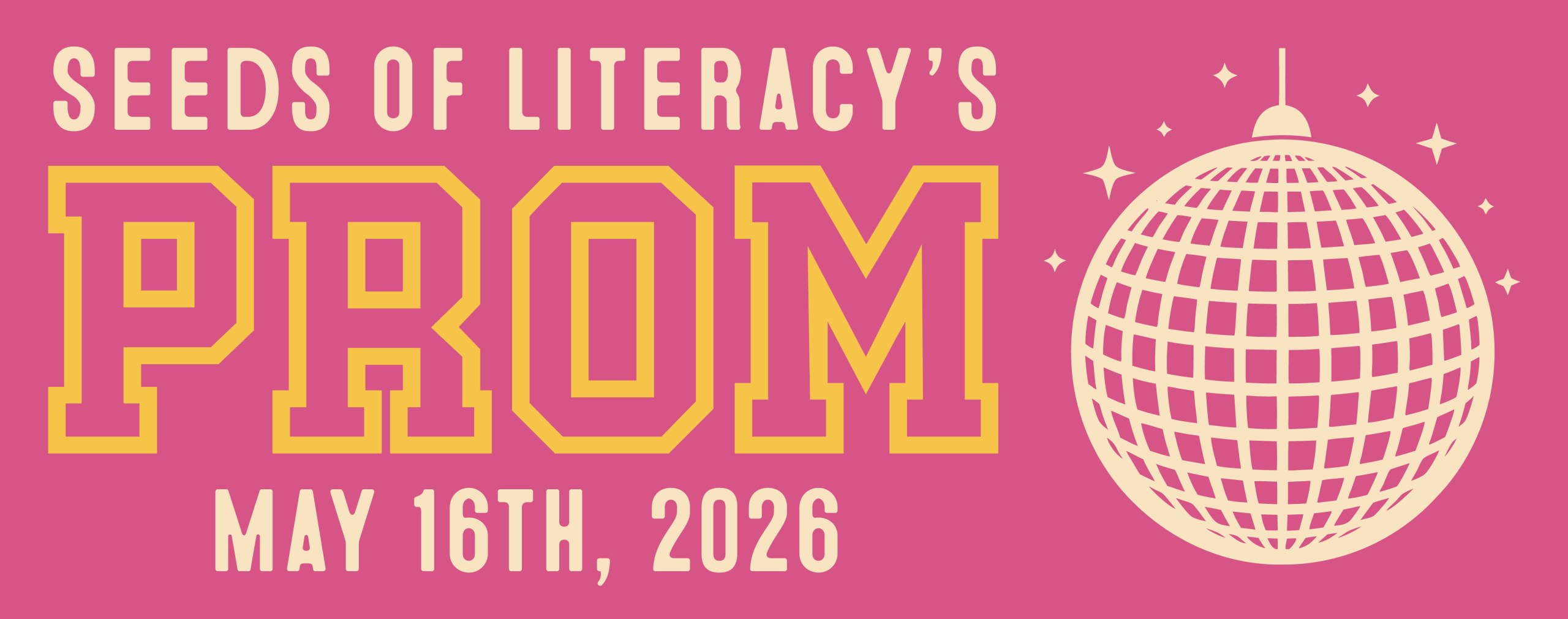[OP-ED] Women’s History More than Hidden Figures
![[OP-ED] Women's History More than Hidden Figures](https://seedsofliteracy.org/wp-content/uploads/2023/03/CP_WomensHistoryMonth_UAkron-670x375.jpg)
by Chris Richards ~
Most articles about Women’s History Month don’t mention warrior queens or landing on the moon, though this one does. Before we get to that, let me pose a question that I’ve been asked many times:
What is history?
The answer is not quite as straightforward as it might seem. While history is a wonderful subject, many people feel as though it has little importance in their lives. Many times, this is because history feels unrelatable. That’s an issue which I take very seriously, because if we can’t keep people engaged, they’ll avoid history altogether. And that, my friends, is dangerous.
I’m sure many of you are familiar with the phrase, “those who do not know history are doomed to repeat it.” Well, it may be a cliché, but it’s also true.
Another concern that I’ve heard is that history “keeps changing.” History classes teach different things today than they used to. Weren’t the topics that we used to teach important?
Women’s History Month actually helps us understand both of these struggles.
Firstly, let’s discuss the changes in what’s taught in history classes. A popular misconception is that history is mostly about retelling the facts about past events: these events happened, therefore they are history.
However, history is much more than that. It’s richer. History is not just the facts about what happened, it’s the narratives which flow through those dates and historical figures. It’s the origin story for who we are today. Reducing our past down to a list of facts divorces us from the lived experience of these events. Real history asks us to utilize empathy, to put ourselves into the shoes of other people as they marched forward in their own times.
History is the practice of studying the past to better understand our present. History, therefore, is always changing because the present never stays still. Our history must change to reflect the shifting needs of today.
For example, many women were pushed from the public sphere following World War II, asked to stay home instead of building a career of their own. The history during that time was shaped by that culture, emphasizing important men who had participated in large-scale conflicts. This reflected the values of the times as society was readjusting after World War II.
A Greater Emphasis
Today, America places a greater emphasis on the role that women have played in shaping our society. Therefore, our history is transforming to meet our needs. No one is saying that General Patton is no longer an important historical figure, but we’re also recognizing the role played by women such as Cleveland-native Jane Kendeigh (the first US Navy nurse to land on a battlefield in the Pacific). We’re acknowledging that the women who rushed to fill the factory floors during the war were the ones who built the “arsenal of democracy.”

Perhaps no woman has landed on the moon (yet), but Neil Armstrong couldn’t have gone there either without the many amazing women who worked at NASA. You may have seen the terrific movie, Hidden Figures, which dramatizes some of these women, but many others also played a role. Margaret Hamilton, for example, wrote most of the software that powered the Apollo Command Module, the craft that carried our astronauts to and from the Moon.

Even in battles and wars, there are many women worth learning about. One of my favorite historical figures is Boudica, the leader of the Iceni tribe of ancient Britons. When her husband died, the Romans tried to conquer the Iceni lands. Boudica led a revolt, holding her ground in several battles before she was finally defeated near modern day London. Reportedly, she was buried beneath the land now occupied by the 9 and 10 platforms at King’s Cross railway station.

The Relatability of History
Which brings us to the second issue so many people have about history: it’s not relatable. This one always frustrates me because what it really means is that a person didn’t have any really good history teachers. History doesn’t belong to any one person or group; it’s our story. There is a history to every topic, to every interest, and to every person on this planet. I can guarantee that each and every one of us can be interested by some aspect of history, it’s merely knowing where to look. For example, looking at our family trees is a way of creating a deeply personal history.
It’s appropriate that March is the month connected to women’s history, as the word also speaks to the direct action of so many women who demanded to have a greater voice, who refused to be silenced, and who demanded to be heard. There are many times in our history when women have marched, and we are all better for it.
So, this March, consider looking into the history of some of the amazing women that have shaped our world. Some may be famous, while others might be part of a movement. From suffragettes to aviators, from military leaders to homemakers, it’s more important than ever that we take a moment to appreciate the amazing actions that women have taken to shape our world.
### Chris Richards
Chris Richards has been with Seeds for 15 years as the Seeds West Site Coordinator. Additionally, he’s our resident videographer and historian.
**Banner image from the University of Akron


